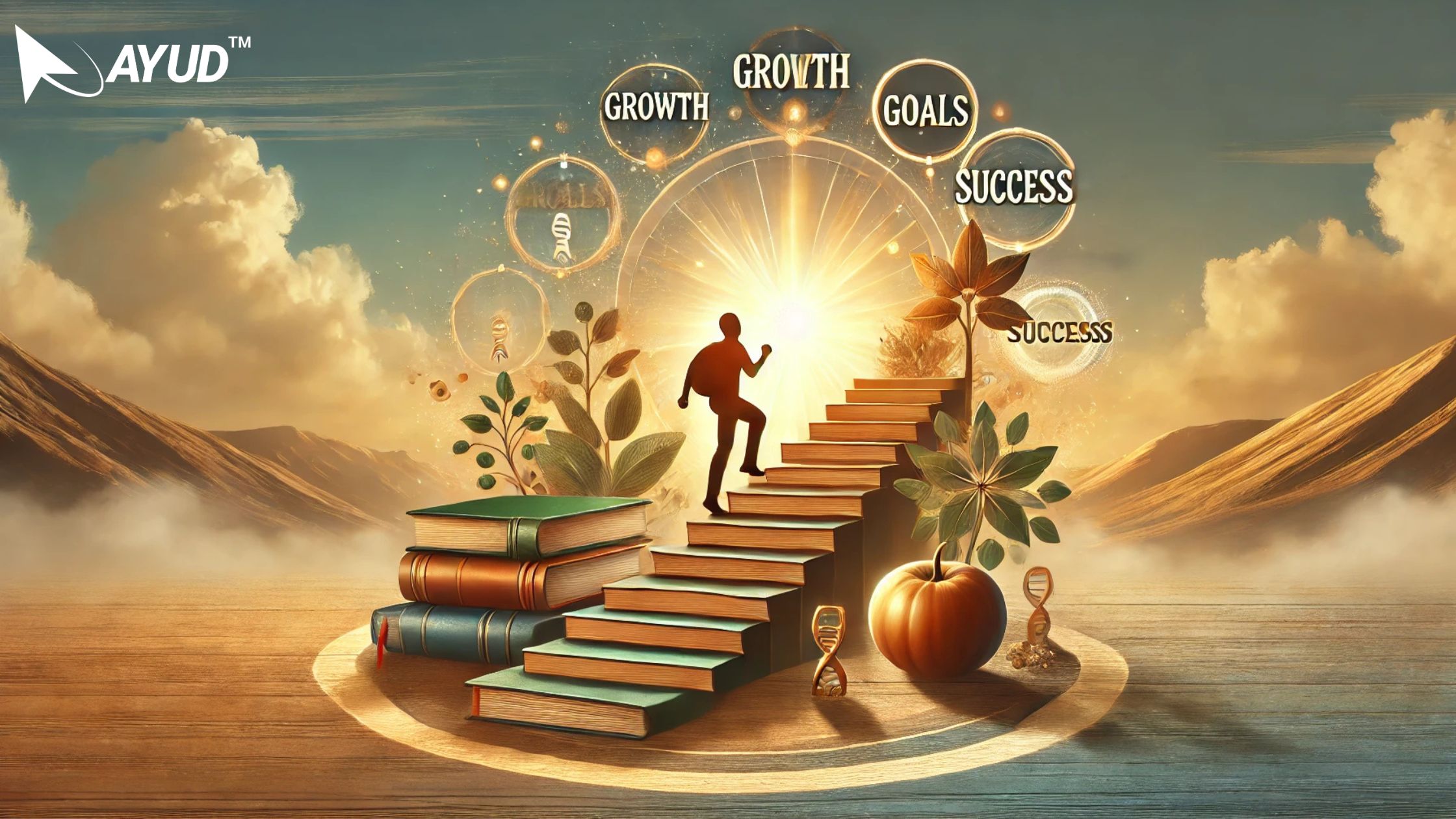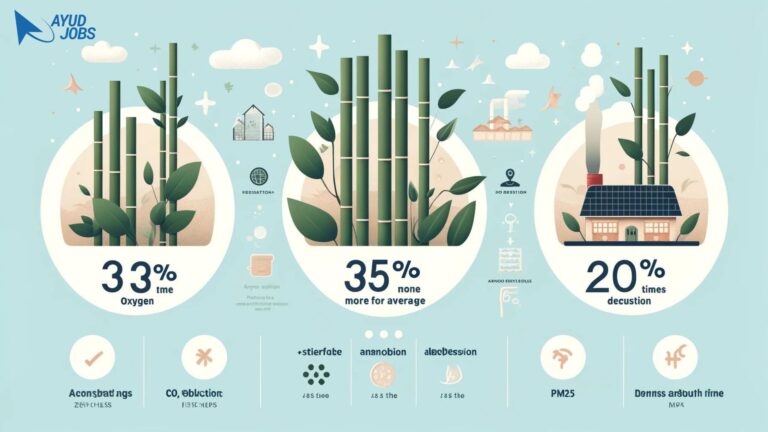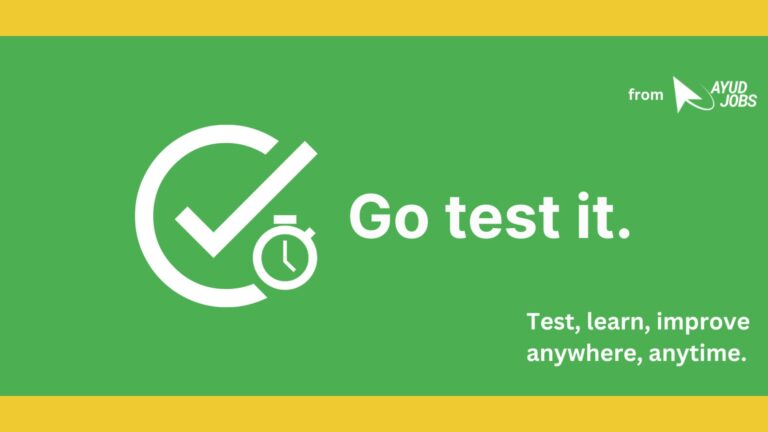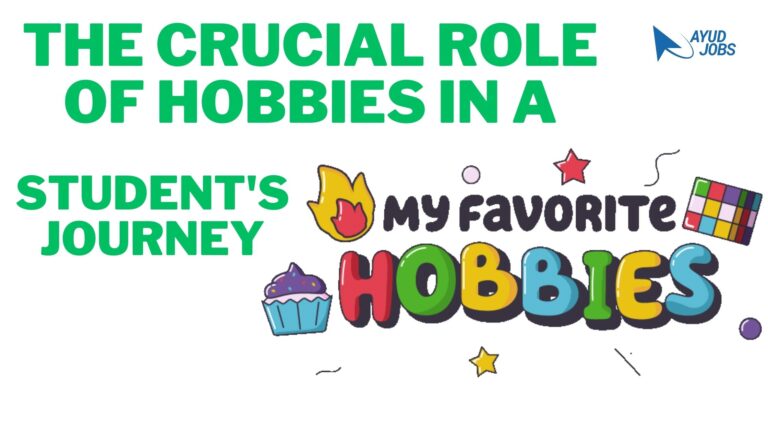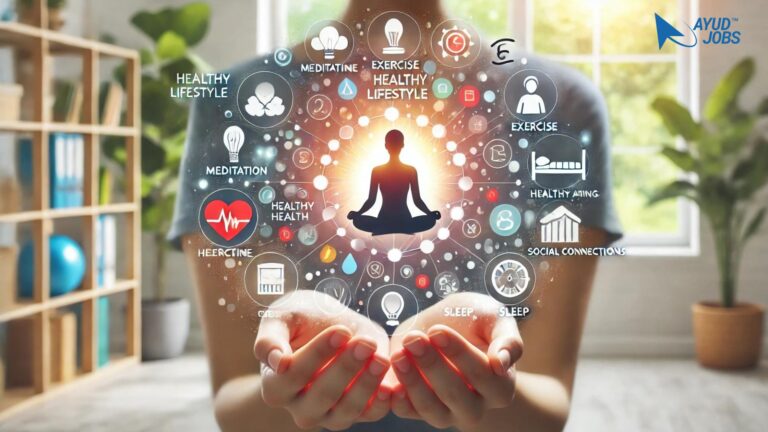Self-Development A Journey to Unlock Your Best Self
Introduction: What is Self-Development?
Self-development means working on yourself to become better in all areas of life. It involves improving skills, enhancing your mindset, and addressing personal weaknesses. Self-Development A Journey to Unlock Your Best Self. It’s about taking control of your life to achieve goals and lead a fulfilling life.
For example, think of self-development as building a house. The foundation is self-awareness, the walls are skills and habits, and the roof is your vision for success. Without one, the house collapses. Similarly, without self-development, it’s hard to reach your full potential.
Why Self-Development Matters
Investing in yourself has long-term benefits. It improves your relationships, career, and mental well-being. Here’s why it matters:
Improves Mental Health
Self-development helps you build resilience and cope with stress. Practices like journaling and mindfulness make you emotionally stronger.
Boosts Career Growth
Developing skills, like communication or problem-solving, makes you more valuable in your field. Employers value people who continuously improve.
Strengthens Relationships
Personal growth enhances self-awareness, making you more empathetic and understanding toward others.
Example: Oprah Winfrey’s story shows the power of self-development. She grew from a tough childhood to becoming one of the most influential people in the world. Her dedication to self-improvement transformed her life and inspired millions.
The Pillars of Self-Development
Self-Awareness
What it is: Understanding your emotions, strengths, and weaknesses.
Why it matters: You can only improve when you know what needs work.
How to practice: Reflect daily. Ask yourself, “What did I do well today? What could I improve?”
Example: Steve Jobs often credited his ability to innovate to self-awareness. He knew when to delegate and when to lead.
Continuous Learning
What it is: The commitment to learn new things every day.
Why it matters: The world is constantly changing. Staying curious keeps you relevant.
How to practice: Read books, take online courses, or even learn from people around you.
Example: Bill Gates reads 50 books a year to stay informed and inspired.
Resilience
What it is: The ability to recover from setbacks.
Why it matters: Life isn’t perfect. Resilience helps you adapt and move forward.
How to practice: Focus on solutions, not problems. Learn from failures.
Example: J.K. Rowling faced countless rejections before publishing Harry Potter. Her resilience made her one of the most successful authors ever.
Practical Steps to Start Your Self-Development Journey
Set Clear Goals
Write SMART (Specific, Measurable, Achievable, Relevant, Time-bound) goals. For instance, “I will read 10 pages daily for one month.”
Break big goals into smaller steps to avoid overwhelm.
Build Habits That Stick
Start small. Focus on one habit at a time.
Example: Replace 10 minutes of social media scrolling with meditation.
Stay Consistent
Track your progress. Use tools like habit trackers or journals.
Celebrate small wins to stay motivated.
Example: Jane wanted to become fit but struggled to stay consistent. She started with a 10-minute walk daily. Gradually, it turned into a 30-minute routine. Over six months, she lost 10 kg and felt more energetic.
A Real-Life Story: Sarah’s Journey to Growth
Sarah, a young professional, felt stuck in a dead-end job. She constantly doubted herself and lacked direction. One day, she decided to take control of her life. Here’s how she transformed:
Identifying the Problem: Sarah realized her lack of confidence was holding her back.
Taking Action: She started small. She read self-help books and practiced affirmations.
Consistent Effort: Sarah worked on improving her skills by taking online courses. She networked with mentors for guidance.
Result: Within a year, Sarah gained a promotion, and her self-esteem improved. She now mentors others on self-development.
Tools and Resources for Self-Development
Books
Atomic Habits by James Clear: Learn how habits shape success.
The Power of Now by Eckhart Tolle: Understand the importance of mindfulness.
Apps
Ayud Career Booster: Self Evaluation and Personalized doubt solving tool.
Headspace: Practice mindfulness.
Notion: Organize your tasks and goals.
Duolingo: Learn a new language.
Podcasts
“The Tim Ferriss Show”: Insights on productivity and personal growth.
“On Purpose with Jay Shetty”: Practical tips for self-improvement.
Common Challenges in Self-Development
Procrastination
Problem: Putting off tasks until the last minute.
Solution: Use the “2-Minute Rule.” Start with just 2 minutes of effort.
Fear of Failure
Problem: Avoiding risks because of fear.
Solution: Reframe failure as a learning opportunity.
Lack of Time
Problem: Busy schedules hinder personal growth.
Solution: Schedule “me-time” daily, even if it’s just 15 minutes.
The Role of Community and Mentorship
Self-development becomes easier when you surround yourself with supportive people. Here’s how:
Community
Join groups or forums related to your interests.
Example: Fitness communities motivate you to stay consistent with workouts.
Mentorship
Find someone experienced to guide you.
Example: A career mentor can help you navigate challenges and grow professionally.
Conclusion: Start Today
Self-development is a lifelong process. It begins with a single step—whether it’s reading a book, setting a goal, or adopting a habit. Self-Development A Journey to Unlock Your Best Self. Start today, and your future self will thank you.
#SelfDevelopment #PersonalGrowth #GrowthMindset #SuccessJourney #HabitsForSuccess #ResilienceMatters #MindfulnessMatters #GoalSetting #SelfImprovement #BetterYourself #InspirationForLife #FindYourTribe #MotivationDaily #ayud #ayudjobs #askayud #MultiLanguageSupport #ResumeBuilder #gotestit #ayudian #ayudblog #ayudcareer #edutech
How to Use Ayud : A Comprehensive Guide
Join our what’s app channel for timely updates
Click here to install Ayud Jobs App from Playstore
Ayud Career Booster: Unlocking Your Potential for a Bright Future

